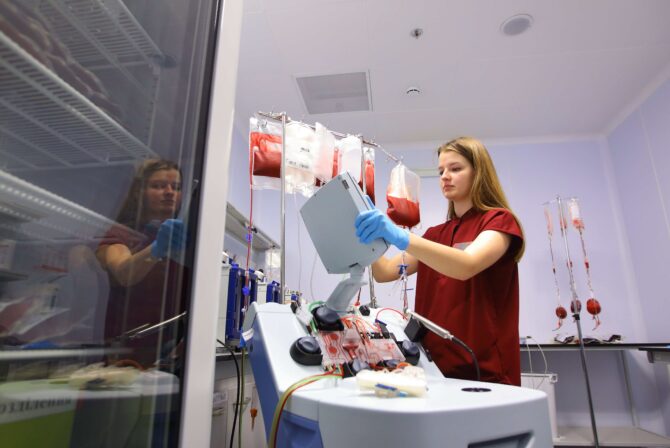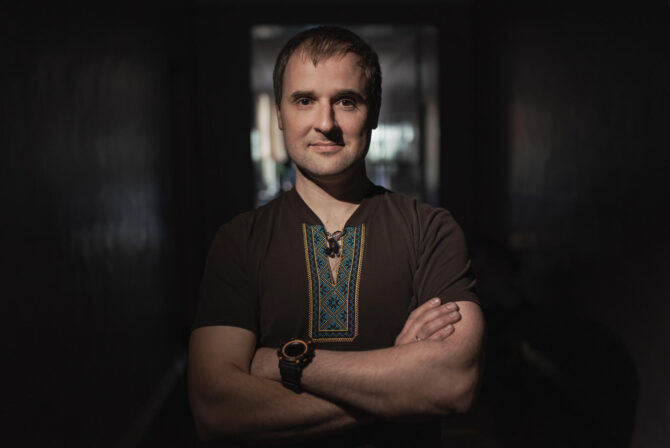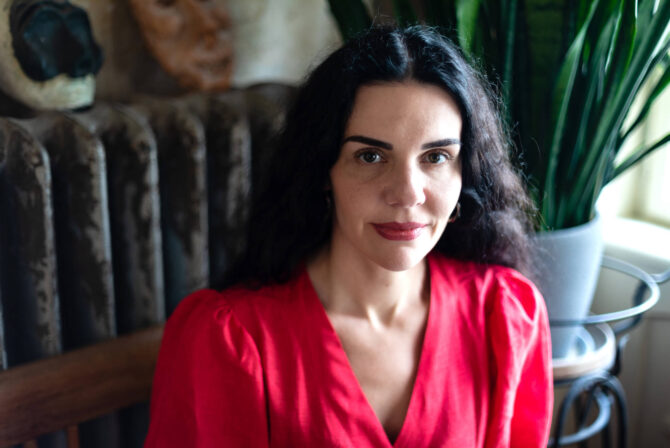The Ukrainians Media is an award-winning independent media company focusing on high-quality, long-form, and visual journalism. Our mission is to foster positive social changes in Ukraine.
This story was created thanks to the support of our readers. Please join The Ukrainians Community on Patreon and help us publish more important and interesting stories.
On January 12, 1918 (although documents have it as December 30, 1917, because the Julian calendar is still in effect on the territory of the Russian Empire), the Bolsheviks gathered in Kharkiv and, in opposition to the Central Council and its General Secretariat, formed the People’s Secretariat of the Ukrainian People’s Republic of Soviets.
This “government” represented almost no one. Ukrainian Bolsheviks did not constitute a majority even in Soviet bodies of power. It is also difficult to call them Ukrainian: their party, which was soon to become the ruling and only party on the territory of Ukraine, was created in Moscow rather than Kyiv or even Kharkiv. The government of the “Ukrainian Republic” badly lacked Ukrainians themselves. Yet they did it: as a counter to Ukraine, which was only finding its feet and struggling to transition from the idea of autonomy to that of independence, sovereignty, and unity, they created the other Ukraine—a fake one.
Subsequently, this fake Ukraine supplanted the real one becoming the only possible state power on Ukrainian soil for a long time.
The Supreme Soviet of the Ukrainian SSR, which declared the independence of our state on August 24, 1991, was the political heir of precisely that Ukraine—not the Ukrainian People’s Republic, but the Ukrainian People’s Republic of Soviets.
From a legal point of view, the Ukrainian SSR was not even the successor of this pseudo-state, which soon ceased to exist, but the successor of the Provisional Workers’ and Peasants’ Government of Ukraine, formed by the Bolsheviks in Kursk on November 28, 1918. Indeed, in Kursk, not even Kharkiv! It was this “government” that declared invalid both the power of Hetman Skoropadskyi and the power of the Directorate of the Ukrainian People’s Republic and proclaimed the Ukrainian SSR at the “Third All-Ukrainian Congress of Soviets” after the occupation of Kharkiv by the Bolsheviks.
Why do I mention this blood-soaked cardboard scenery substituting the actual Ukrainian state? Because following Viktor Medvedchuk’s article in Izvestia, we can assume that the Kremlin is returning to the falsification idea again.
Before, we had to do with crystal-clear chauvinists whose consciousness was not clouded even by a presumption that Ukrainians may consider themselves Ukrainians. While their Ukrainian agents understood the necessity to pretend at least to be Ukrainian to gain power and money (I will never forget how on one of the TV programs, Viktor Yanukovych, still a candidate for the presidency of Ukraine at the time, addressed me after his speech supporting European integration when his microphone had already been turned off: “Well, you’re a reasonable man, so you do understand that we should be together with Russia, don’t you?”), neither Putin nor his associates ever pretended that Ukraine and the Ukrainian people even exist.
Moreover, Putin kept criticizing Vladimir Lenin and Joseph Stalin for the “mistake” of creating a decorative Ukraine. Although how could it be a mistake from the Russian point of view? On the contrary, this scenery made it possible to legitimize the occupation, fool the people, and create a powerful counterbalance to a potential national movement.
And, by the way, precisely this decorative Ukraine allowed Russia to expand further west, where there had never been any Russian Empire before but where it much wanted to remain during World War I. So how was it a mistake from the imperial point of view?
But Putin, like any reactionary, believed that he could painlessly return to 1917, the time “without Ukrainians” and other peoples, and not just painlessly return there but also preserve the territories acquired in the West as part of the newly occupied lands. It was an ambitious and straightforward task: no longer the Soviet Union but simply Russia—from Kushka to Chop.
But the reality turned out to be different during the very first “special operation” of annexation. Russian troops have been making no headway for several months, and the Kremlin’s ambitions are slowly shrinking to the occupied Ukrainian regions that Russia has “annexed” before. And in this situation, the smartest thing would be to remind us of the “other Ukraine,” the “good one.” To admit that Ukraine is not Russia and has the right to exist, but on one condition: a government loyal to Russia. A People’s Secretariat of the Ukrainian People’s Republic of Soviets.
We can surely take this idea with irony now. Whose government—Medvedchuk’s? Azarov’s? Yanukovych’s? But we must understand Moscow’s plans: to create the “other Ukraine” rather than “people’s republics” in the occupied territories, undermine the legitimacy of the existing Ukrainian government, and turn a war of attrition into a war for substitution of the state. And I wouldn’t underestimate this risk, especially since it could be a long game for Russia that will continue even after the war ends, or Putin is no more.
After all, his successors can offer the world an “alternative Russia” seeking to fight no one—but also an “alternative Ukraine” seeking friendship and civilizational symbiosis with this new Russia.
And I think you’ll be surprised how many Ukrainians might support this idea.
Vitaly Portnikov, journalist, writer, publicist, winner of the Vasyl Stus Prize.
Translated by Stanislav Ostapenko.
The Ukrainians Media is an award-winning independent media company focusing on high-quality, long-form, and visual journalism. Our mission is to foster positive social changes in Ukraine.
This story was created thanks to the support of our readers. Please join The Ukrainians Community on Patreon and help us publish more important and interesting stories.





